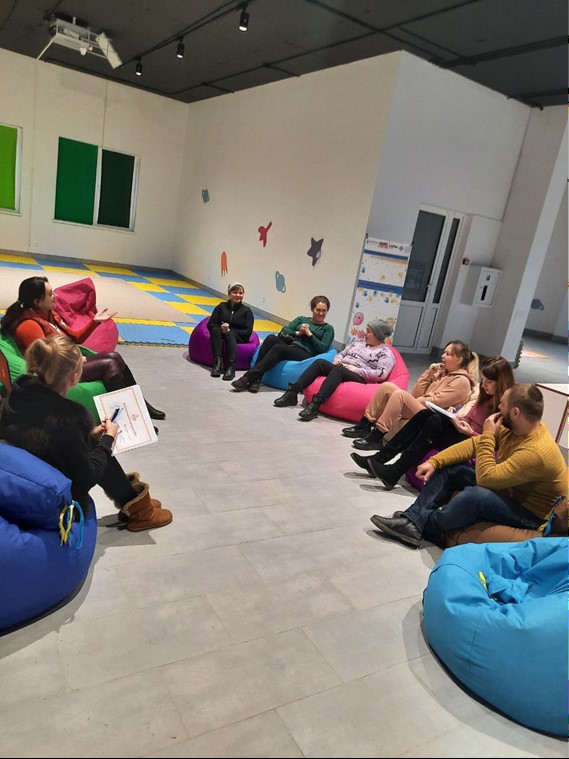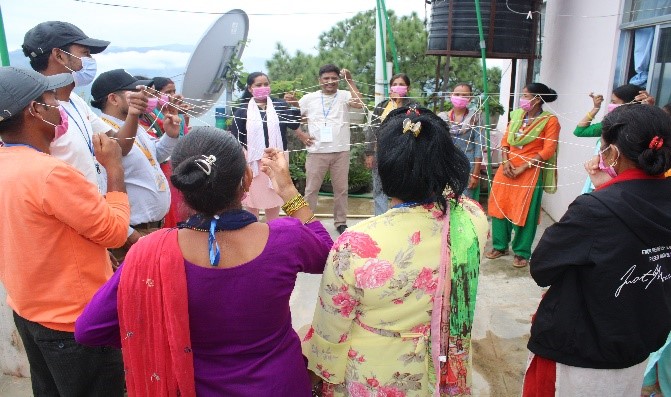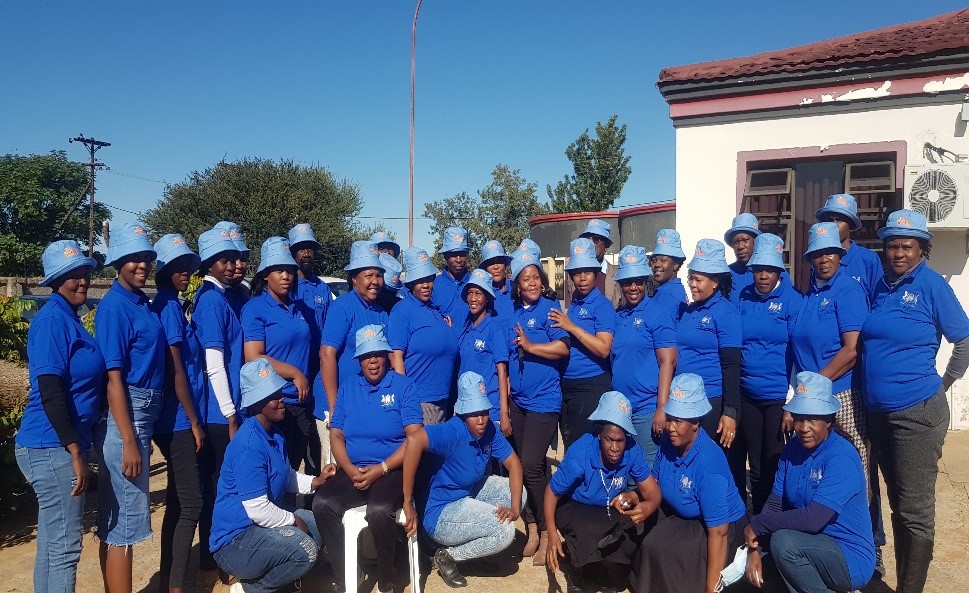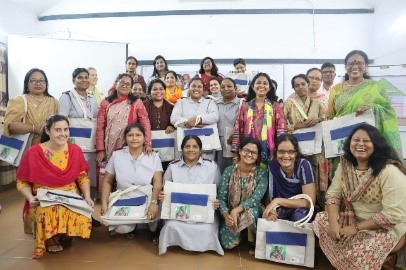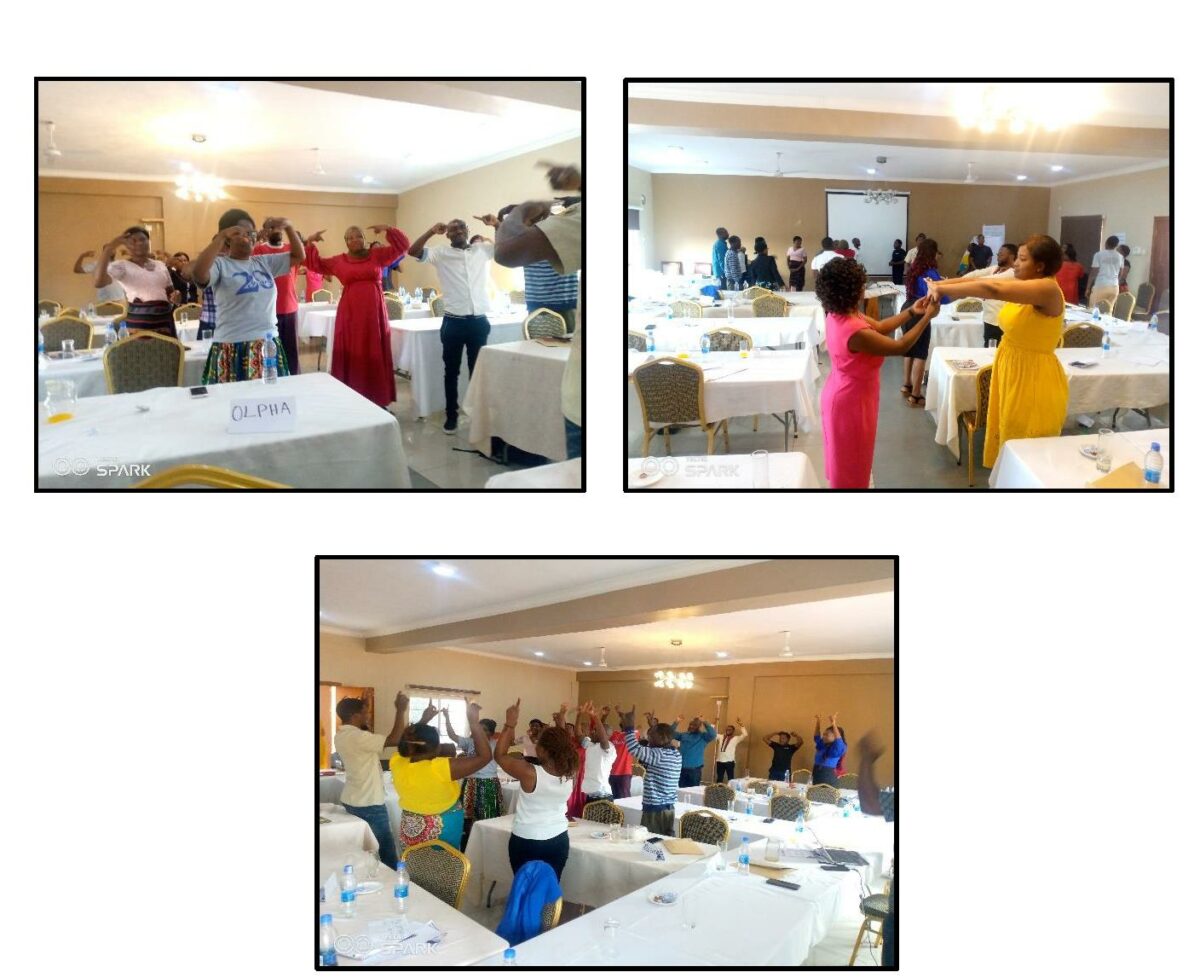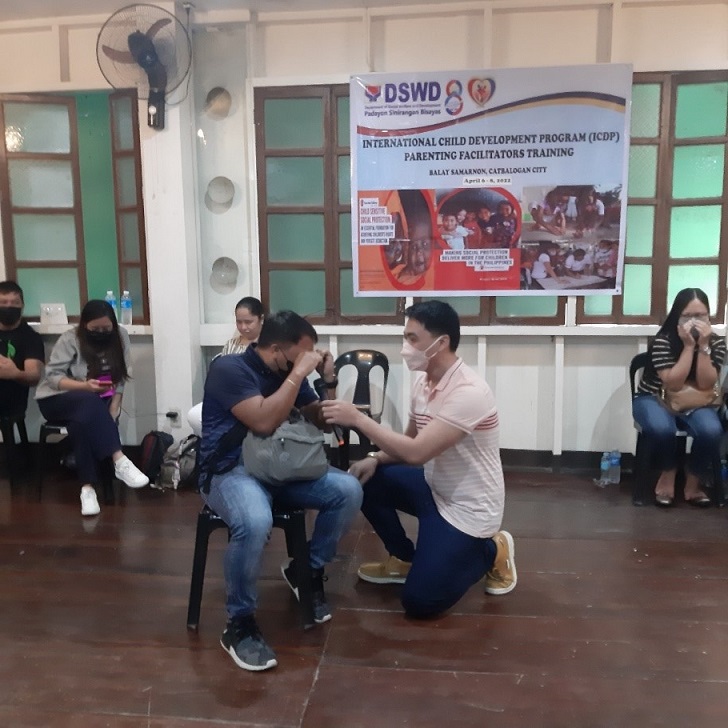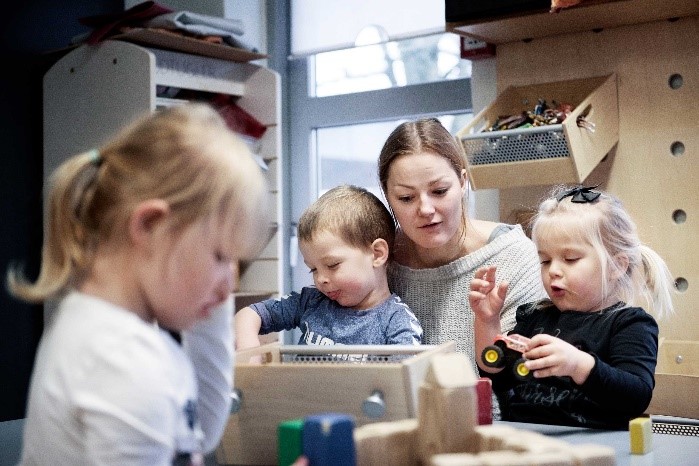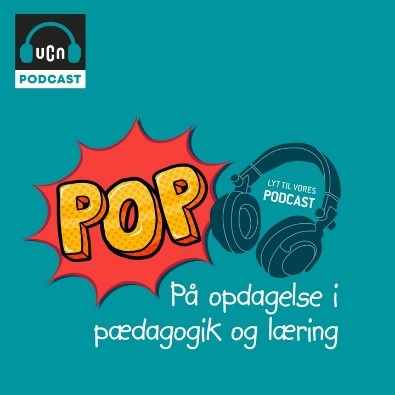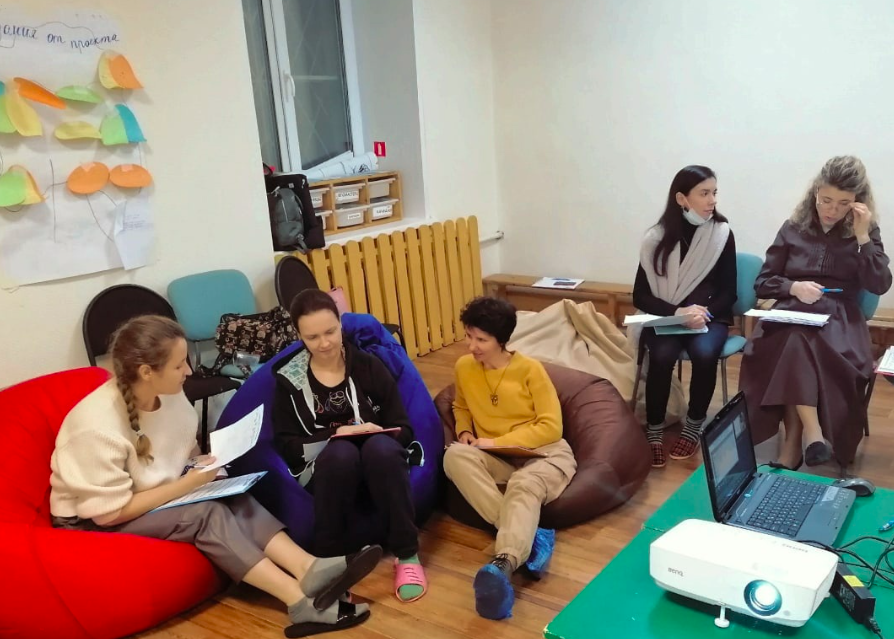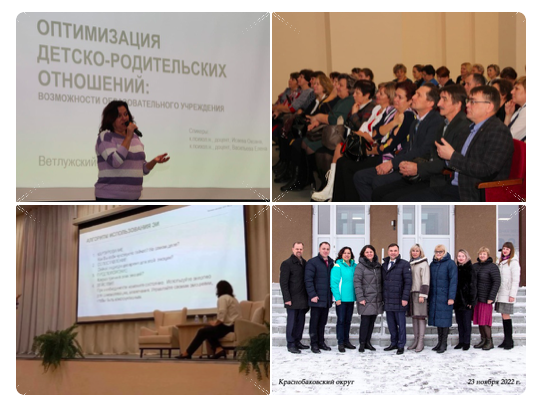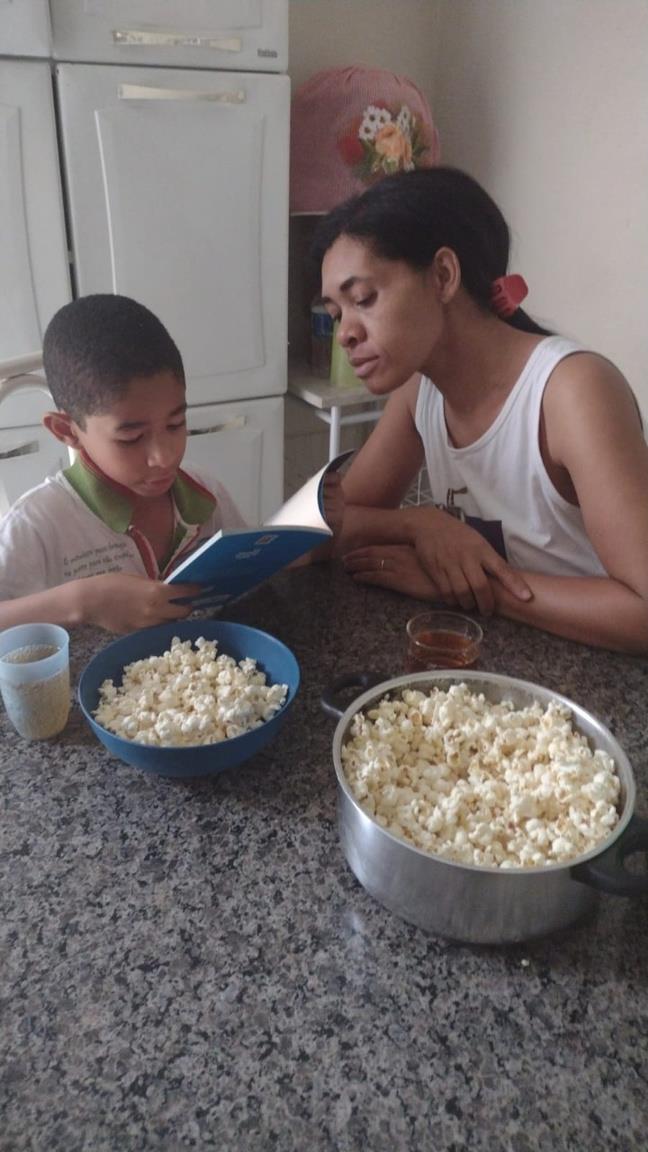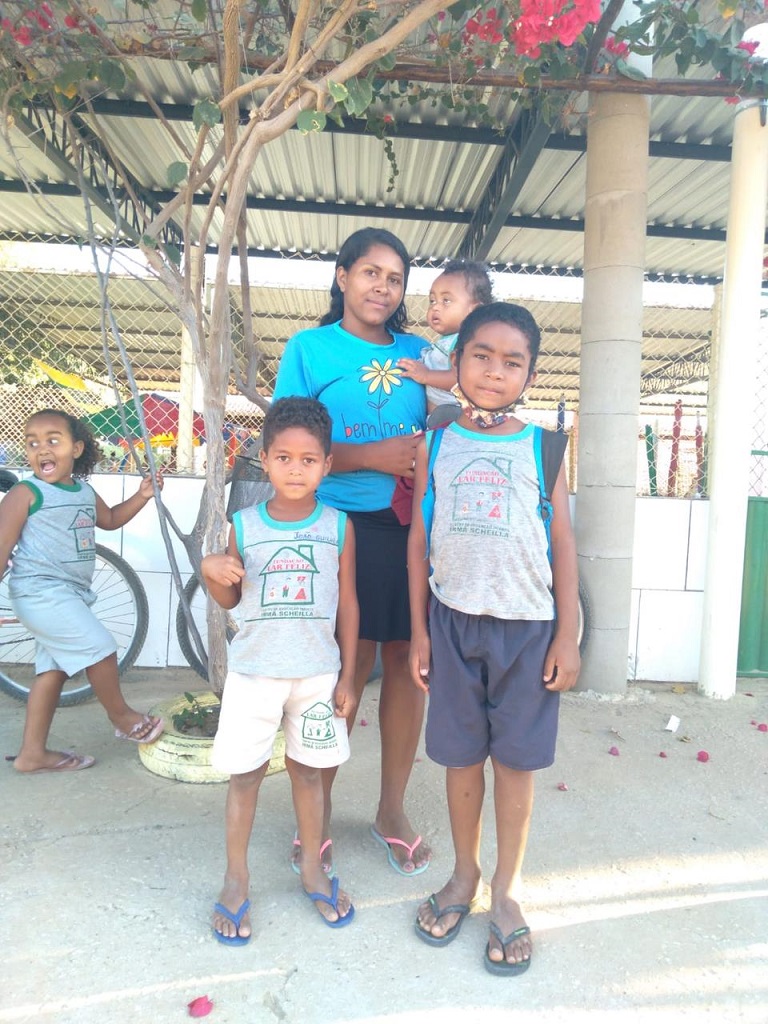2022 has been a year when the board in ICDP Sweden has changed chair, and Annelie Waldau Bergman, who has done such a competent and brilliant job as chair for more than 20 years, since the start in Sweden, has given that place to Veronica Kindbom who took over in June 2002. We are all so thankful to Annelie for her most competent, sensitive and dedicated work for ICDP and for children for so many years!
The ICDP work in Sweden has during 2022 slowly picked up from where it was before the pandemic. The trainings have started up with physical presence again, though the trainer level education is still using both digital and physical meetings with good results. In November we arranged the yearly meeting with our facilitators digitally , so as many as possible could participate. Our trainers all over Sweden have been very active and done a great job in educating over 100 new facilitators and over 300 caregivers. During the spring 12 new facilitators finished their education and another 17 started their facilitator education during 2022.
The work on our homepage has been progressing, and the board decided to invest in a completely new homepage that hopefully will be ready during the spring 2023. The work on closer cooperation with our facilitators is still going on.
Together with a facilitator in the city of Jönköping, and of course inspired by the work in Norway., Stiftelsen ICDP Sweden adapted the programme to better fit in with our new inhabitants, parents from other countries. A fifth day of education for our trainers will be offered during spring 2023. The education will give some extra tools to our trainers to meet the parents arriving to a new country in a sensitive and more profound way. We are really looking forward to this!
During 2022 we have also invested a great deal of effort in making new booklets. The work with the new booklet ”Praktisk tillämpning av barnkonventionen” (”Practical application of the Convention on the Rights of the Child”) was finished during the autumn of 2022 and it was presented at our yearly meeting with facilitators in November. The booklet is now used in all our trainings. In 2022 the process of making a couple of more booklets had started and these will hopefully be ready in 2023.
ICDP Sweden is in an inspiring and developing phase, and we are really looking forward to 2023!
Veronica Kindbom


